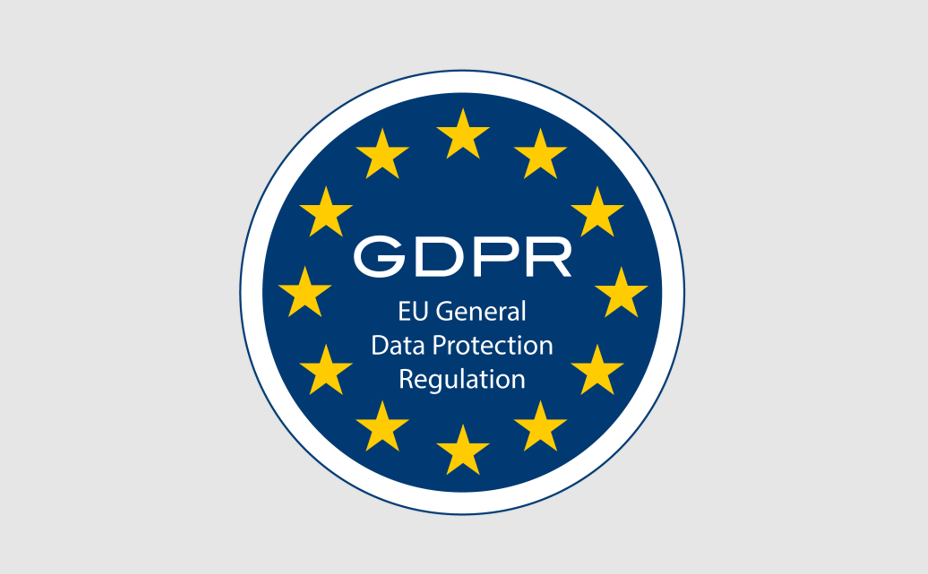Cybersecurity Compliance Regulations: GDPR and CCPA
Cybersecurity Compliance Regulations for GDPR and CCPA
Cybersecurity compliance regulations are becoming increasingly important in today’s digital landscape. With the rise in cyber threats and data breaches, organizations are under pressure to protect the personal data of their customers and comply with relevant regulations. Two such regulations that have gained significant attention are the General Data Protection Regulation (GDPR) and the California Consumer Privacy Act (CCPA). In this blog post, we will explore the cybersecurity compliance regulations for GDPR and CCPA and discuss their implications for businesses.

1. General Data Protection Regulation (GDPR)
The GDPR is a comprehensive data protection regulation that was implemented by the European Union (EU) in 2018. Its primary goal is to protect the personal data of EU citizens and ensure that organizations handle this data responsibly. The GDPR applies to all organizations, regardless of their location, that process personal data of individuals within the EU.
When it comes to cybersecurity compliance, the GDPR requires organizations to implement appropriate technical and organizational measures to ensure the security of personal data. This includes measures such as encryption, access controls, regular vulnerability assessments, and incident response plans. Organizations must also conduct data protection impact assessments and notify the relevant supervisory authority and affected individuals in the event of a data breach.
Failure to comply with the GDPR can result in severe penalties, including fines of up to €20 million or 4% of the organization’s global annual turnover, whichever is higher. Therefore, it is crucial for businesses to understand and adhere to the cybersecurity compliance requirements outlined in the GDPR.
2. California Consumer Privacy Act (CCPA)
The CCPA is a state-level privacy law in California that came into effect on January 1, 2020. Similar to the GDPR, the CCPA aims to protect the privacy rights of consumers and regulate how businesses handle their personal information. While the CCPA applies specifically to California residents, its impact is significant due to California’s population and economic influence.
In terms of cybersecurity compliance, the CCPA requires organizations to implement reasonable security measures to protect the personal information they collect. This includes implementing safeguards such as encryption, access controls, and regular security assessments. Organizations must also have procedures in place to respond to and notify individuals in the event of a data breach.
Non-compliance with the CCPA can result in penalties of up to $7,500 per violation. Additionally, consumers have the right to take legal action against businesses that fail to implement reasonable security measures and suffer a data breach as a result. Therefore, it is essential for organizations to understand and comply with the cybersecurity requirements outlined in the CCPA.
3. Implications for Businesses
Both the GDPR and CCPA have significant implications for businesses in terms of cybersecurity compliance. Organizations that process personal data must prioritize the security of this data and take appropriate measures to protect it from unauthorized access, disclosure, and loss.
Some key cybersecurity compliance measures that organizations should consider include:
- Implementing robust access controls to ensure that only authorized individuals have access to personal data.
- Encrypting sensitive data to protect it from unauthorized viewing or tampering.
- Regularly conducting vulnerability assessments and penetration testing to identify and address security weaknesses.
- Implementing incident response plans to effectively respond to and mitigate the impact of data breaches.
- Providing cybersecurity training and awareness programs for employees to educate them about potential threats and best practices.
By implementing these cybersecurity compliance measures, organizations can not only protect the personal data of their customers but also demonstrate their commitment to data privacy and security. This can help build trust with customers and avoid potential penalties or legal consequences.
Conclusion
Cybersecurity compliance regulations such as the GDPR and CCPA play a crucial role in protecting the personal data of individuals and ensuring that organizations handle this data responsibly. Businesses must understand and comply with the cybersecurity requirements outlined in these regulations to avoid severe penalties and maintain customer trust.
By implementing appropriate technical and organizational measures, conducting regular assessments, and having incident response plans in place, organizations can enhance their cybersecurity posture and mitigate the risks associated with data breaches. Prioritizing cybersecurity compliance not only protects the personal data of customers but also contributes to the overall reputation and success of the business.